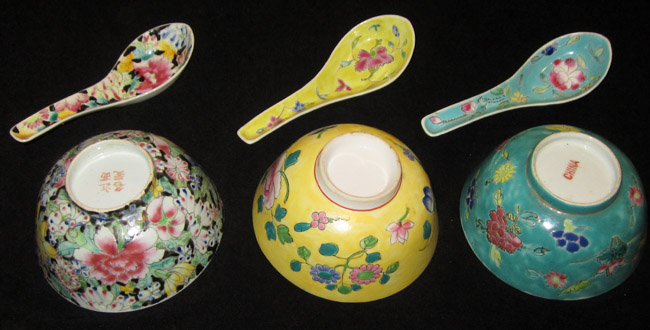
The new concept for cross-strait relations, “China plus one,” proposed by Su Tseng-chang, who chairs Taiwan’s largest opposition party, the Democratic Progressive Party (DPP), suggests that Taiwan might have taken another step towards comprehensive integration with China. In losing the presidential election in January 14, 2012, the DPP clearly felt the significance of the China factor. It needs to ameliorate relations with Beijing if it is to do better in future elections, but its pro-independence principle – a key part of the party’s appeal for many voters – would seem to be a major obstacle. Established by political dissidents in 1986 while Taiwan was under martial law, the DPP was an indispensable actor in Taiwan’s democratization and its flag, Taiwan in the white cross, somewhat represented its final goal of the de jure independence of Taiwan. However, the DPP would need to relinquish its goal of Taiwanese independence, anathema for Beijing, if it is to achieve the kind of rapprochement and cooperation which the Chinese Nationalist Party (the Kuomintang, or KMT) now enjoys with China. In fact, the DPP has attempted to reach a compromise between the expectations of the majority of its supporters and the demands of China through a number of initiatives, such as visits by key party officials to China and interpersonal dialogues at academic conferences. “China plus one” would appear to be the latest incarnation of these efforts following a series of internal discussions about its new China policy. Although the Resolution on Taiwan’s Future, the most salient DPP document highlighting independence, has not been forsaken, Su has downplayed it and described it as a part of the past. In contrast, “China plus one” connotes a sense of belonging. Normally, the policy of a sovereign state or an intergovernmental organization would be centered on itself, after all it is “ASEAN plus one,” and not “China plus ten.” Not surprisingly, Beijing is still unimpressed, given that the DPP has not formally removed independence from its principles. Nonetheless, the DPP’s dramatic shift in position along the political spectrum does suggest a smoother integration across the Taiwan Strait.


